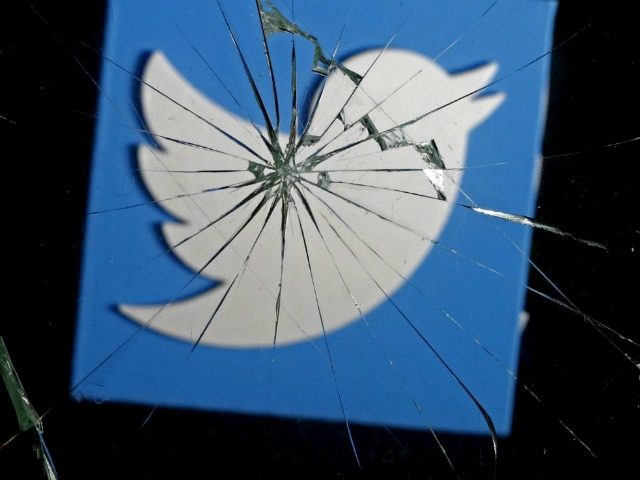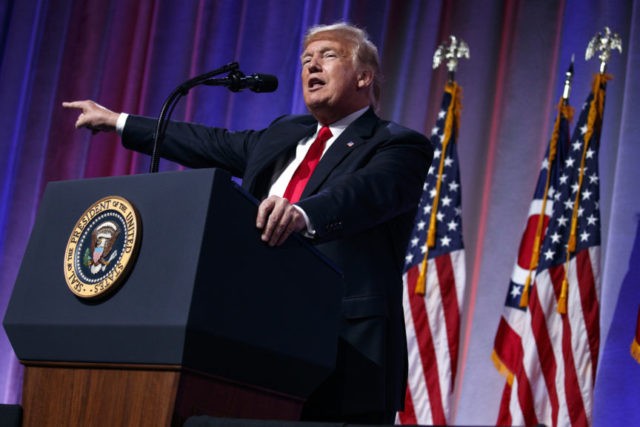Who used special DMV office? Attorney General blocking access to records
By Nick Ochsner, Reporter
Who used special DMV office? Attorney General blocking access to records
00:00 / 01:00
CC
RALEIGH, NC (WBTV) -
The North Carolina Attorney General’s Office is refusing to allow the Division of Motor Vehicles to produce records detailing who scheduled appointments at the secret driver’s license office operated out of the DMV headquarters building in Raleigh.
The office was operated one week each month from January to August.
DMV Commissioner Torre Jessup told employees Wednesday the secret driver’s license facility would no longer be used after WBTV exposed the office on Tuesday.
The week before WBTV’s investigation, a DMV spokesman initially denied the office existed when asked directly by a reporter from the station.
Ultimately, the spokesman acknowledged the office’s existence and defended the agency’s use of the office, which was available by appointment only to certain state employees.
WBTV obtained the list of appointments for the week the office was operated in August.
The DMV used the online tool SignUpGenius to schedule appointments and anyone with the link to the page can view the list of employees who scheduled appointments.
But a lawyer with the North Carolina Attorney General’s Office has refused to produce the sign-up sheets for additional months, which had been made private by DMV following the event, in response to a public records request submitted by the station.
In a letter to an attorney for WBTV, the lawyer from the Attorney General’s Office said the names of those who signed up for an appointment at the secret driver’s license office is protected by federal law.
“Under the Driver’s Privacy Protection Act (DPPA), DMV is prohibited from disclosing such personal information to your client under the facts and circumstances presented here,” attorney Christopher Brooks wrote.
But, in a response letter, an attorney for WBTV disputed the assertion that federal law protects the sign-up list.
“The Driver's Privacy Protection Act of 1994 ("DPPA"), 18 U.S.C. §§ 2721 et seq., and North Carolina's state analog, N.C. Gen. Stat. § 20-43.1, prohibit state departments of motor vehicles from disclosing ‘personal information . . . about any individual obtained by the department in connection with a motor vehicle record,’ unless otherwise permitted by law. 18 U.S.C. § 2721(a)(1); see also N.C. Gen. Stat. § 20-43.1(a) (explaining that ‘[t]he Division shall disclose personal information contained in motor vehicle records in accordance with the [DPPA]’),” a lawyer for WBTV, Brandon Johnson, said in his response. “The term ‘motor vehicle record’ is defined in the DPPA as ‘any record that pertains to a motor vehicle operator’s permit, motor vehicle title, motor vehicle registration, or identification card issued by a department of motor vehicles.’ 18 U.S.C. § 2725(1).”
“The sign-up lists sought by Mr. Ochsner do not on their face qualify as ‘motor vehicle records,’ as the lists do not pertain to any particular driver's permit, vehicle title or registration, or identification card,” Johnson continued.
Attorney Jonathan Jones, who leads the North Carolina Sunshine Center, agrees that the lists of those who used the secret DMV office should be public under the law.
“I don’t think that would apply,” Jones said of the assertion from the Attorney General’s Office that the information is protected by the Driver’s Privacy Protection Act.
“What it protects is the information that is contained in the license itself,” Jones said.
Despite that, a spokeswoman for the Attorney General’s Office said her agency would continue to advise the DMV to refuse to release the record.
But the spokeswoman had no explanation for why the August sign-up list, which it contends is federally protected information, is still publicly available online.
“The DMV can answer any questions about the Sign Up Genius,” spokeswoman Laura Brewer said.
A spokesman for the DMV did not respond to an email from WBTV asking for an explanation as to why the information the agency’s lawyers contend is required by federal law to be kept secret was posted online.
Similarly, a DMV spokesman told WBTV on Thursday that the agency’s commissioner, Torre Jessup, would not be made available for an interview with the station, as he had to other stations this week and as had been promised.
In explanation the refusal to schedule an interview, the spokesman said WBTV had refused to include statements from the agency in its reporting.
But the spokesman did not respond to a follow-up question from a WBTV reporter pointing out the statement provided by the agency was demonstrably false.
Copyright 2018 WBTV. All rights reserved.









